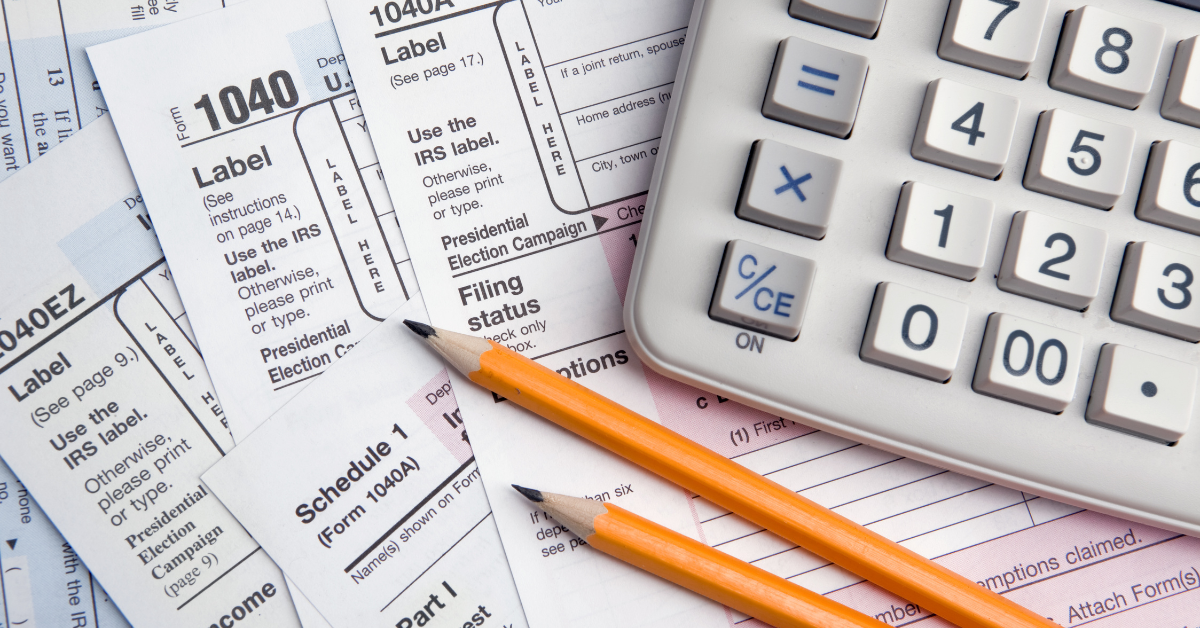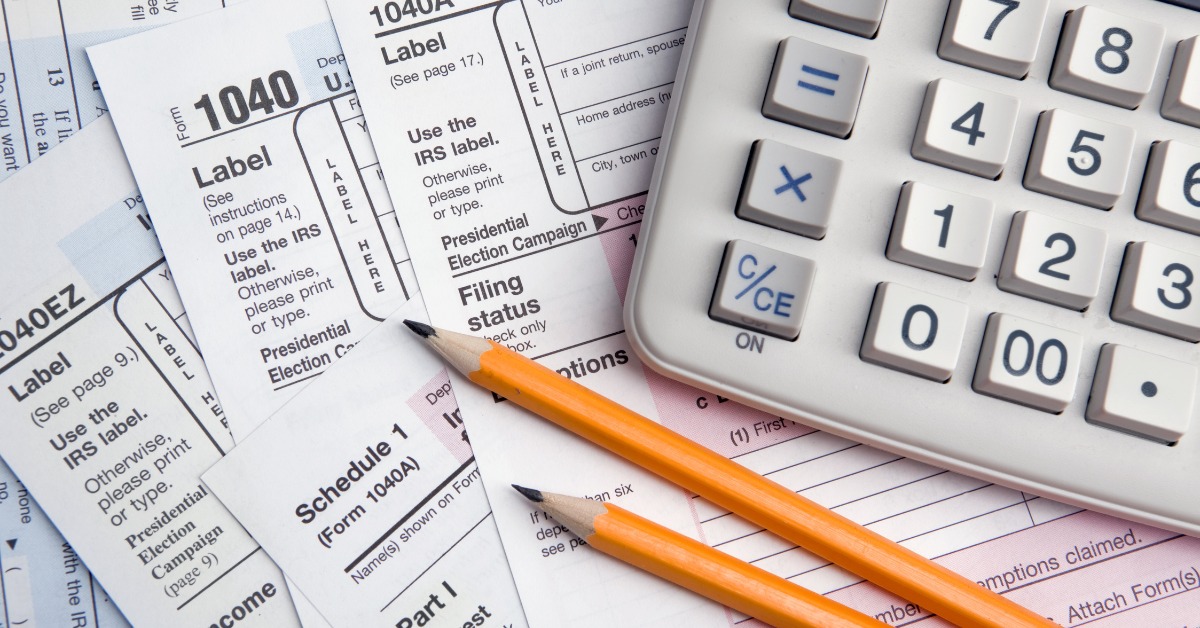An end-of-year charitable donation to a nonprofit or church is a meaningful way to celebrate the holidays and support the causes that are important to you.
To be able to deduct your donation from your 2023 taxes, you’ll need to do a little planning ahead.
- You must give to a qualified charitable organization – meaning the organization must be registered as tax-exempt under section 501(c)(3) of the Internal Revenue Code. This information can usually be found on the nonprofit’s website.
- You must keep good documentation for the IRS. This includes the date you made your donation, the name and address of the nonprofit, and a description of your donation. For monetary donations, that means a receipt or a canceled check. If you donated goods or services, you need a detailed list of each item and its estimated fair market value. (If you donated anything worth more than $5,000, you’ll need an actual appraisal of the item instead of the estimate.)
- You will need to itemize all your deductions on your 2023 tax return using Schedule A. Ultimately, you will need enough deductible expenses to exceed the standard deduction amount: $13,850 for single filers and $27,700 for married couples filing jointly.
Here are a few ways to maximize your tax deductions in 2023.
- Bundled donations, or making two year’s worth of gifts in one calendar year, can be useful if you expect to be just shy of meeting the standard deduction amount on your 2023 tax returns. By bundling your 2023 and 2024 donations this year, you can maximize the tax benefit for this year.
- Use a donor-advised fund — basically an account that allows you to manage assets for future charitable giving. Your contribution to a donor-advised fund is immediately tax-deductible and you can distribute the funds to the charities of your choice over time. But be mindful of fees associated with these funds.
- Donate appreciated assets such as stocks or mutual funds that have increased in value. This gives you a charitable deduction plus it can shelter you from paying capital gains taxes on the appreciation.
Through year-end charitable giving, you can help make a difference in your community. According to multiple surveys, local nonprofits receive most of their annual budgets through donations given the last quarter of each year, meaning every gift matters.Charitable giving can also reduce your tax liability when you keep up-to-date and detailed records of your donations to qualified charitable organization. If you have questions, Neely’s Accounting Services has answers. You can count on us for strategic tax advice, so get in touch today.








